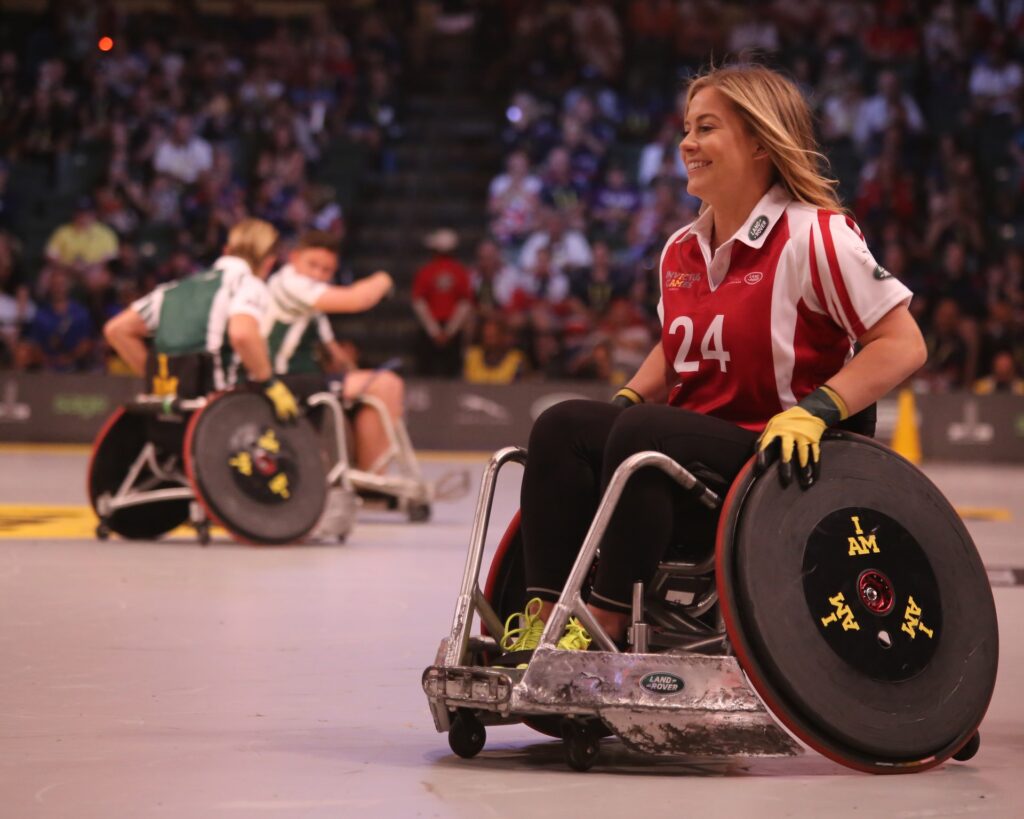Three steps. The all-important three steps to picking a winning team.
People come into your life for a reason, season, or a lifetime… .”
“Don’t mix seasonal people with lifetime expectations.”
These are a couple of pieces of advice offered to me that helped me with those three steps.
Now I am passing them on to you.
 Life Is A Game And You Are The Captain
Life Is A Game And You Are The Captain
First, though, let this serve as a reminder that not everyone batting, catching, or playing mid-field is meant to stay either in that position or on your team forever. As any good and experienced sporting coach will tell you, players get injured, complacent, or simply cannot continue to meet the physical requirements of the game.
Make no mistake, this life that we are all living is a game. It is one in which we are all playing out our dreams, kicking around ideas with the intention of getting the big one, the winning one through the net of success. That net – success – is crafted and stitched from material that we each get to choose.
Crafting Success
For some, the material will come together. A pile of money, a huge house, cars and “a trailer load’ of girls. For others, it is being able to offer all the basic needs plus some. A reasonable roof over their heads, education and annual vacations. Then there are those for whom success falls somewhere in the middle. Food, a clean bed and a pair of shoes to keep their feet protected.
Whatever your measure of success, you are the head coach, the boss, the CEO – whatever title you prefer – of your life. You decide how the game is played. You select the players to go out on the field with and for you. And here is the cold, hard fact:
Sentiments and sympathy will not “win” you this game.
What Is The Game?
Before anyone takes offence to my chosen words, let me define and elaborate on how they are used and understood in this context.
- Game – daily living
- Players – friends, family members, the “Influencers” in your life
- Field – your scope of choices
- Win – success according to your understanding
Often I have made reference to T.D. Jakes’ sermon about the three types of people in your life. Why? Well, he describes them very eloquently, if you can look beyond the “preacher man” performance.
Check Your Circle
“You are the average of the five people you spend the most time with.”
Every so often, it is important to do an inventory of your circle. It has been said that if you are the smartest in your circle, something has to change. This is a challenging task, one that I have done many times. Once, I found myself as #5 on the smartness ladder. Since doing that, I have stretched, dragged and pulled by myself to learn more about SEO, social media marketing, immigration, writing, management and – the big one – intimate relationships.
Now, I am offering you my combination of these two concepts as you set out to complete a review or performance evaluation, if you like, of your team or your circle.
The most important and fundamental thing to understand is that it all starts with You.
Tag, You’re It
You are the visionary – the dreamer, the leader, the head cook and bottle washer of your life. It starts and ends with You. The “game” is played according to your choices or lack of choices. You select the players based on how you want to play the game. You decide which player remains on your team.
Once the vision is clear, refined and fine-tuned – and you do this every year, every month, every day through your vision boards, journals, meditation/spiritual exercises, etc – write your guidelines. These I prefer to call “Values for Living,” and they are those principles that will not change, they are who you are. Write them down where you can see them every day. I have mine on my phone that is never far from my reach and as an example my Values For Living are:
- Love
- Honesty
- Trustworthiness
- Loyalty
- Faithfulness
- Kindness
 The Three Steps: Check Your Players’ AIM
The Three Steps: Check Your Players’ AIM
We all have a story for our lives, one that we edit, adapt and expand as we play this game. Knowing your story and ensuring that only you are holding the pen is critical.
It is the daily walking of your vision, it is the game and you get to choose the players, companions and supporting actors. My suggestion is that each of these persons is chosen based on their:
Appreciation and understanding of your story
Interest, ability and willingness to support you moving your story to the next stage
Mission in their own lives
Basically, the A.I.M. of your team members will and ought to decide their season, reason or lifetime membership on your playing field.
The Fine Print
For as long as their appreciation of you and your journey is well expressed and clear, they might remain on the team. This does not mean they are yes people. It simply means they love you enough to tell you the truth as they work side by side with you to correct the course.
If a team member’s interests change or dwindle; should they become unwilling or unable to continue catching your vision for the game, their season is over. No hard feelings are necessary. It is simply time to move on.
Each of us has a mission for our lives and part of that includes being an active player or supporter on another person’s team. We are social beings and our natural instinct is to help another. For as long as that support is mutually beneficial, life-enhancing for both parties – game on! However, missions change, adjustments get made and what was once compatible evolve not necessarily into conflicting goals but are no longer viable. Do not hang on out of habit. Thank and bless the player. Retire their number and give them a golden handshake however that looks in your life. Then start recruiting.
There you have my three-step strategy for playing your game. Evaluate your current team based on their A.I.M. and take your life to the next base.
Be blessed, be well and have a great game day!


 Law Catching Up With Technology
Law Catching Up With Technology Making Plans For Yourself
Making Plans For Yourself “Girls, Girls Everywhere”
“Girls, Girls Everywhere” My Mother – The Original Iron Lady
My Mother – The Original Iron Lady The Strength Of A Woman
The Strength Of A Woman

 People With Disabilities Need To Be Encouraged
People With Disabilities Need To Be Encouraged Letting God Or Leaving It To Chance?
Letting God Or Leaving It To Chance? Give Up “Precious Things”
Give Up “Precious Things” Dr Janice Chang
Dr Janice Chang

 Child Mental Health Problems
Child Mental Health Problems Social Inequality And Child Mental Health
Social Inequality And Child Mental Health You Cannot Visualize Someone Else’s Life
You Cannot Visualize Someone Else’s Life
 Follow Your Divine Guidance
Follow Your Divine Guidance
 Fast Forward 16 Years
Fast Forward 16 Years Fear Would Either Sink Or Propel Me
Fear Would Either Sink Or Propel Me Fear Can Close You Off
Fear Can Close You Off